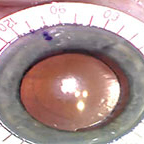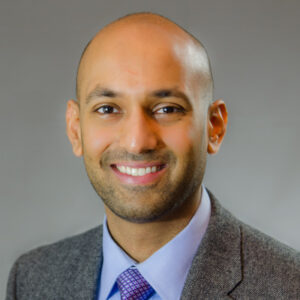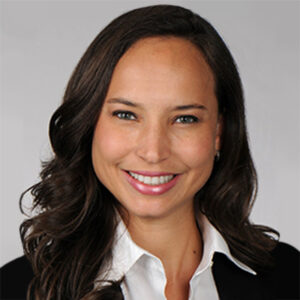ASCRS News: 2021 ASCRS Annual Meeting
September 2021
by Ellen Stodola
Editorial Co-Director
The ASCRS Government Relations Committee session, “In the Room Where it Happens,” featured Rep. Mariannette Miller-Meeks, MD (R-IA). The session was moderated by Parag Parekh, MD, MPA, with panelists Nancey McCann, Hayley Boling, MBA, COE, James Bryan, MD, and Dr. Miller-Meeks.
Dr. Miller-Meeks described how she got involved in ophthalmology and Congress. After being severely burned at the age of 15, she decided to become a doctor. She attended community college before enlisting in the Army at age 18. She pursued an education in nursing and got a master’s in education before becoming an ophthalmologist.

Source: ASCRS
Dr. Miller-Meeks had an interesting path to Congress, running several times before being elected. She was a state senator, and the first female president of the Iowa Medical Society.
Why would someone run for Congress and leave ophthalmology? Dr. Miller-Meeks posed this question, noting that “ophthalmology is the best.” “What we do is so gratifying to restore vision,” she said.
But Dr. Miller-Meeks said her motivation to run for Congress was because she was afraid of socialized medicine. “I was tired of the government trying to tell me how to care for my patients,” she said. Before running, Dr. Miller- Meeks noted that she had been involved with Congress to advocate for different issues.
When Dr. Miller-Meeks was finally elected, she won by six votes in a recount. “It’s very humbling to be elected to office, and with that is the ability to influence other people,” she said, noting that she passed her fifth bill in mid-July after 7 months in Congress.
In a panel discussion, Dr. Parekh brought up the feelings of anger and frustration with many of the issues going on, but he said that the tricky part is how to turn that into action.
Ms. Boling explained how she gets her whole team involved to make sure everyone knows what’s going on and what’s coming down the pike. “Your support teams are often implementing the daily changes,” she said.
Dr. Miller-Meeks said it’s critically important for society members to respond to any alerts they receive immediately. Sometimes it’s about an issue that’s being voted on imminently. She noted it may be easier to have a relationship at the local level, but regardless, it’s important for your representatives to know you.
Ms. McCann, recently retired director of ASCRS Government Relations, said there were times when members of Congress told her they had not heard from society members. If they’re not hearing from you, they’re assuming everything is OK, she said. Ms. Boling added that contact can be as simple as an email sent out for members to personalize.
Dr. Bryan said that you can build relationships with representatives based on your expertise. “You’re going to bring a lot to the table about medicine in general and about running a small business,” he said, adding that you can have relationships with legislative assistants. Dr. Miller-Meeks agreed that meeting with a congressional staff member can be effective.
Ms. Boling advised that when you’re advocating, focus on the patient rather than using physician cuts as a primary point. It’s more impactful to share how patients and their access to care is affected.
It’s difficult to “go it alone in D.C.,” Ms. McCann said, adding it’s much more powerful when you work in coalitions. She noted ASCRS’ work with the American Medical Association, Alliance of Specialty Medicine, and other groups. Ms. McCann stressed the importance of grassroots involvement, noting “we try to make it easy for our members to get involved.”



